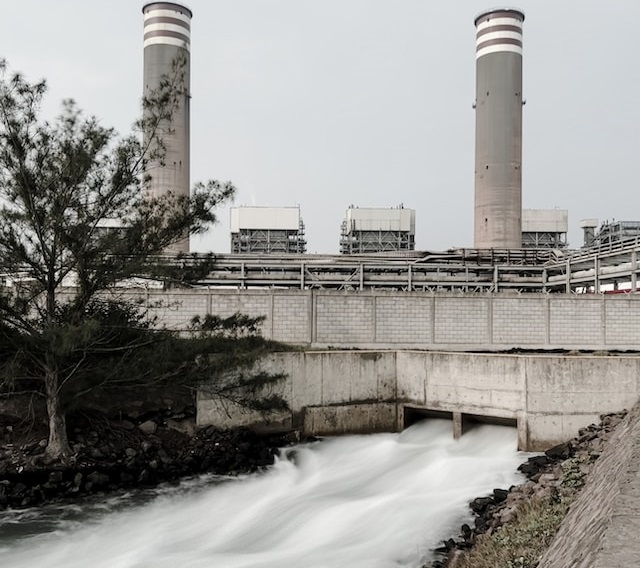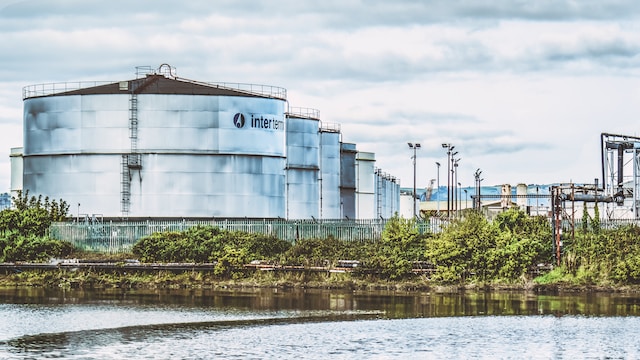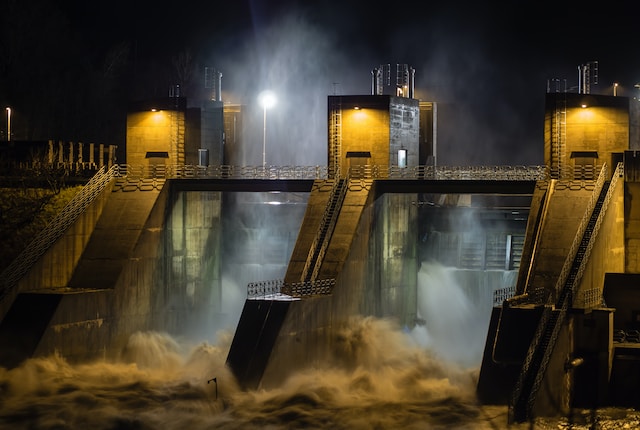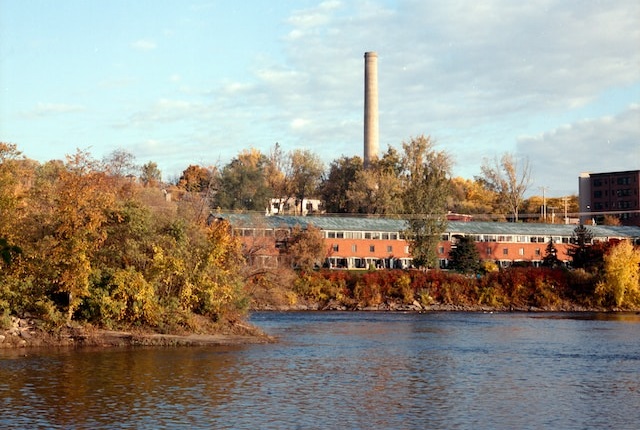‘What is business water?’ This is a common question many new business owners ask when thinking of moving into a new business premises.
Business water is provided to the UK via dedicated water suppliers. For example, in England, Castle Water is responsible for a large output of business water. Unlike residential water supply, business water can be more complex and costly due to the higher demand.
If you’re a business owner in the UK, it’s important to understand the basics of your water supply to decide which supplier may be best for your business needs.
In this article, we’ll cover five key things you need to know about business water so you can feel confident taking the next steps toward opening your business.
1. What Is Business Water & How Does It Differ From Residential Water Supply?

Unlike residential water, business water is designed to meet the needs of commercial and industrial operations. It must be reliable, efficient, and flexible enough to adapt to each business’s requirements.
For example, a manufacturing plant may require large volumes of high-pressure water for production, while a hotel or restaurant may need consistent hot and cold running water for its guests.
Another key difference between business and residential water supply is the billing process. Residential customers are usually charged a fixed rate based on their consumption, whereas businesses are charged based on their usage patterns and industry-specific factors such as peak demand periods and wastewater treatment costs.
This allows for greater transparency and control over expenses for businesses that can monitor their usage in real time through advanced monitoring tools offered by UK business water providers.
Understanding these differences is important when choosing a provider that can cater to your business needs while providing cost-effective solutions tailored to your budget constraints.
2. What Are The Key Factors Determining The Cost Of Business Water?

Understanding the various factors influencing water pricing can help you make informed decisions about managing your water usage and minimising costs. Several key factors, such as location, usage volume, wastewater disposal fees, metre size, and seasonal fluctuations, determine the cost of business water.
Location plays a significant role in determining the price of business water since different regions have varying levels of availability and access to water sources. Businesses with higher volumes of water consumption are charged more due to increased demand for infrastructure. Wastewater disposal fees also impact the overall cost of water since it involves treating and disposing of used water safely.
Metre size affects pricing since larger metres require more maintenance and monitoring. Lastly, seasonal fluctuations can impact prices since peak demand during summer months may lead to higher business rates.
3. What Are The Available Options For Business Water Suppliers & How Can Businesses Switch Their Providers?

Are you looking to switch water suppliers for better pricing and service? Check out the available options and learn how to make the switch hassle-free.
Firstly, it’s important to know that businesses in England can now choose their water supplier. This means you can shop around and find a provider who offers better rates or a more tailored service.
To start the process of switching, you’ll need to gather some information about your current usage and costs. Then, follow these steps:
- Research potential suppliers: Look online or ask other businesses in your area for recommendations.
- Compare prices and services: Once you’ve narrowed your options, compare each supplier’s offerings side-by-side.
- Contact your chosen supplier: Let them know you’re interested in switching and ask for a quote.
- Finalise the switch: Once you’ve accepted an offer from a new supplier, they will handle all the paperwork involved in making the change.
By taking advantage of this new freedom to choose your water provider, you could save money and receive better customer service from a company that truly understands your business’s unique needs.
4. Are There Any Regulations Or Compliance Requirements Related To Business Water Usage?

Businesses must meet several compliance requirements regarding water usage, such as adhering to environmental regulations and monitoring water quality.
The Environmental Protection Agency (EPA) sets standards for the maximum amount of pollutants that can be discharged into bodies of water. Businesses must obtain permits from the EPA before discharging any wastewater into these bodies of water.
Additionally, businesses must monitor their water usage and ensure they use their allotted amount. There may also be local regulations and codes related to business water usage that must be followed.
Failure to comply with these regulations can result in fines or legal action against the business. Businesses must stay up to date on all relevant regulations and compliance requirements regarding their water usage to avoid potential negative consequences.
5. What Are The Potential Benefits And Savings Can Businesses Achieve By Optimising Their Water Usage?

Optimising your water usage and exploring water efficiency solutions can save money on utility bills and reduce environmental impact. With rising water costs and the increasing focus on sustainability, businesses are under pressure to minimise their water consumption.
Businesses can significantly reduce their water usage by implementing leak detection systems, low-flow fixtures, and rainwater harvesting systems. Aside from cost savings and environmental benefits, optimising your water usage can also improve the overall efficiency of your business operations.
Water is a critical resource for many industries, such as manufacturing, agriculture, and hospitality. By reducing water waste and improving efficiency in its use, businesses can increase productivity while minimising their environmental impact. Additionally, by demonstrating a commitment to sustainable practices through efficient water usage, businesses can enhance their reputation among customers and stakeholders.
In Summary
So, here you have it – five key things that you need to know about UK business water.
As a business owner or manager, it’s important to understand how your water supply works and how you can make the most of it.
Factors such as supplier choice, compliance requirements, and water efficiency solutions can all impact your costs and bottom line. By optimising your water usage and exploring more efficient options, you can save money and reduce your environmental footprint.
So, why not take the time to review your current water arrangements today?
Author Profile
- CEO - ClickDo™ & SeekaHost™ | Started as an SEO Consultant and helped over 400 UK business owners grow their business with online marketing and Google advertising. More details about Fernando Raymond are available at www.fernandoraymond.com.
Latest entries
 BusinessFebruary 24, 2025The Cost of Owning a Business in London
BusinessFebruary 24, 2025The Cost of Owning a Business in London Business AdviceDecember 26, 2024Hybrid Cloud Infrastructure – 5 Pros and Cons of a mixed Computing Environment
Business AdviceDecember 26, 2024Hybrid Cloud Infrastructure – 5 Pros and Cons of a mixed Computing Environment Business AdviceAugust 7, 2024What is SEO & Link Building & Why Should Business Owners Care
Business AdviceAugust 7, 2024What is SEO & Link Building & Why Should Business Owners Care Business AdviceMarch 28, 2024Streamlining Operations – Innovative Solutions for Modern London Businesses
Business AdviceMarch 28, 2024Streamlining Operations – Innovative Solutions for Modern London Businesses


